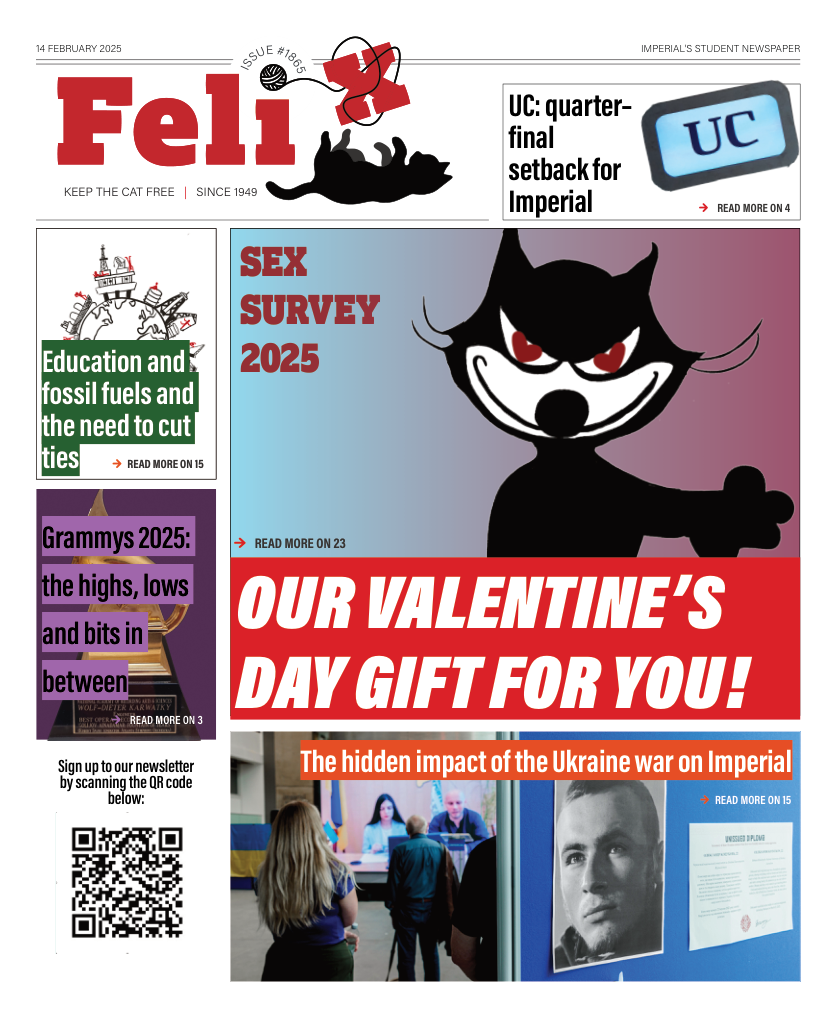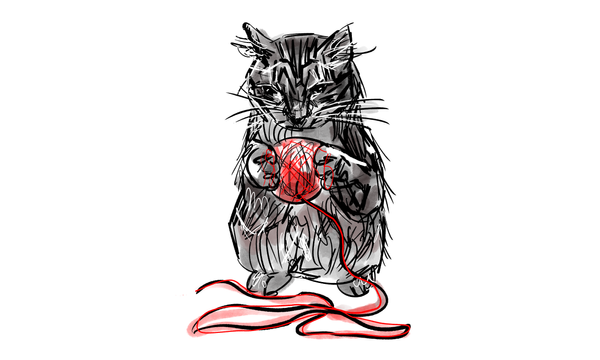Trump’s war on DEI threatens scientific research
Universities and researchers are self-censoring to protect their funding
President Trump's latest crackdown on DEI (Diversity, Equity, and Inclusion) has left scientists and institutions unsettled over the future of scientific research in America.
Within the executive orders issued on 20th and 21st January is a call for the "termination of all discriminatory programs, including illegal DEI and "diversity, equity, inclusion, and accessibility" (DEIA) mandates, policies, programs, preferences, and activities in the Federal Government," including pulling "equity-related" grants, contracts and federal spending. An executive order also demands an end to the federal funding of "gender ideology," including the removal of "all statements, policies, regulations, forms, communications, or other internal and external messages that promote or otherwise inculcate gender ideology." This is set to extend beyond the federal government – with large non-profit corporations, state and local bar and medical associations, and institutions of higher education with DEI initiatives to be identified for potential civil compliance investigations.
Trump's executive orders mark a significant shift in federal policy, with far-reaching implications for scientific research, education, and public health. In response to these orders, some scientific associations are choosing to keep a low profile and have opted not to issue statements. Others have chosen to stand with their commitment to diversity. For example, the American Geophysical Union, for which federal grants account for 2% of their annual budget, sent a statement to its members reaffirming support for their communities. The American Society of Naturalists say they will not "shy away from our principles and will not self-censor".
Others, perhaps in the hope of protecting their federally funded programmes, have taken a more cautious approach. The American Society for Microbiology, who has received federal grants worth roughly $28 million over the past five years, altered its website to remove references to diversity and equity. Articles highlighting scientists from under-represented groups briefly vanished from their website (although they have since been restored) and articles were altered without the consent of the authors – for example, the phrase "other marginalized groups in science and health care" was replaced with "other groups in science and health care" in one particular article.
The Howard Hughes Medical Institute, one of the world's largest private funders of biomedical research, abruptly cancelled a $60 million initiative aimed at boosting diversity in science at universities. Despite the fact that it does not receive federal funding, it went as far as to scrub any mention of The programme from its website.
From the Patient Safety Network website, a case study of a patient with endometriosis was taken down, among others, because of the final paragraph, which read: “...endometriosis can occur in trans and non-gender-conforming people and lack of understanding this fact could make diagnosis in these populations even more challenging”.
At the Centre for Disease Control and Prevention, phrases such as “gender, transgender, pregnant person, pregnant people, LGBT, transsexual, nonbinary, assigned male at birth, biologically male, biologically female” were used to guide decisions on whether to remove or edit content on the website.
The US Senate Committee on Commerce, Science, and Transportation Committee, analysed grants awarded by the National Science Foundation (NSF), with start dates between January 2021 and April 2024, and found more than ten percent went to “questionable projects” that promoted Diversity, Equity, and Inclusion (DEI) in five categories of Status, Social Justice, Gender, Race, and Environmental Justice.
Trigger words: how DEI language is being flagged
Scientists who receive NSF funding were put on notice last week to cease any activities that do not comply with the executive orders. A search of language was conducted in grants, aiming to flag anything with particular DEI-related words for review. The words triggering these reviews paint a picture. A sample includes:
| Advocacy | Barrier | Biases | Cultural Relevance |
| Disability | Diverse backgrounds | Diversity | Ethnicity |
| Excluded | Equity | Female | Gender |
| Hate speech | Historically | Implicit Bias | Inclusion |
| Inequalities | Institutional | Inter-sectional | Male dominated |
| Marginalised | Minority | Multicultural | Oppression |
| Polarisation | Racially | Segregation | Socioeconomic |
| Systemic | Trauma | Under-represented | Women |
As institutions navigate these new executive orders, the long-term effects on the scientific landscape remain to be seen.








